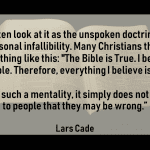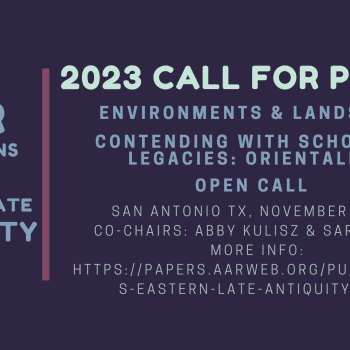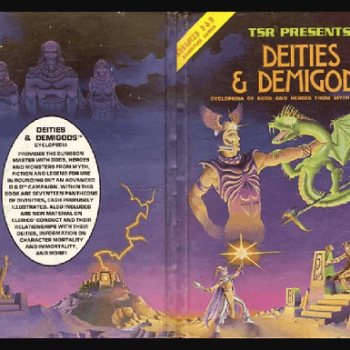Call for Papers
Trajectories in the Interpretation of Scripture: Models, Issues and Prospects
Conference: 27th-28th June 2019, University of Otago, Dunedin, New Zealand. Proposals: Send a 250 word abstract for a 30 minute paper to Jonathan Robinson,
[email protected]
Deadline for proposals: 30th March 2019
Throughout the history of biblical interpretation sacred texts have been applied to new contexts to provide insight and guidance for contemporary situations. This always transforms the text. Sometimes, this generates a new text, as in the Chronicler’s use of Samuel and Kings. Other times, like the use of “do not muzzle the ox” (Deut 25:4) in 1 Cor 9:9 and 1 Tim 5:18, the words of the text are unchanged but the new context generates new significance. In the recent times, to pick two prominent recent examples, the interpretation of biblical texts have been significant in political discussions around migration and refugees (Lev 19:34; Rom 13:1-7) and debates about same-sex marriage (Lev 18:22; Gen 19; Rom 1). Underlying all such uses of scripture are assumptions about its nature and its appropriate interpretation.
We may look for models of interpretation in the scriptures themselves, among interpreters of the past, or in the practice of present day faith communities. Which models hold the most promise for our contemporary interpretations? What assumptions are they governed by? Are some models more legitimate than others? What criteria might we apply to judge? Do such models also imply trajectories that we may follow? Do these trajectories have any limit and are we bound to follow them? How far from a scripture’s “original meaning” (as best we can understand it) are we permitted to transform the text in order to meet the questions, assumptions and needs of today? Are all interpretations equally valid or are there limits? In light of past failures (e.g. use of scripture to support crusades, slavery, Apartheid, etc.) what critical voices does the contemporary church need to hear?
This conference seeks to clearly exposit a variety of models of scriptural interpretation from scripture, church history and contemporary theology. They will be interrogated both for critique and for the possibilities they create for future interpretations. Most proposals should include all three elements of model, critique, and prospect. However, papers will be varied in how much emphasis is given to each element.
We invite proposals that treat
– Particular passages of scripture
– Particular models or methods of interpretation
– Particular interpreters/traditions
– The relationship between doctrine and scripture
– The use of scripture in contemporary debates
– Contextualised Bible translation (ancient and modern)
– Critical perspectives
Proposals from tangata whenua, women, minority groups, and non-western perspectives are especially encouraged. Postgraduate students are welcome to apply.
Selected papers will be invited to contribute towards an edited volume.













